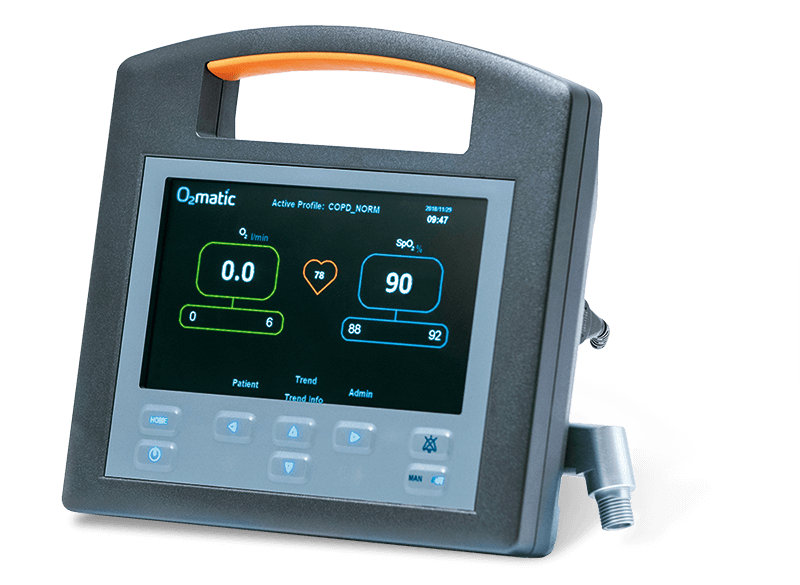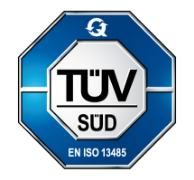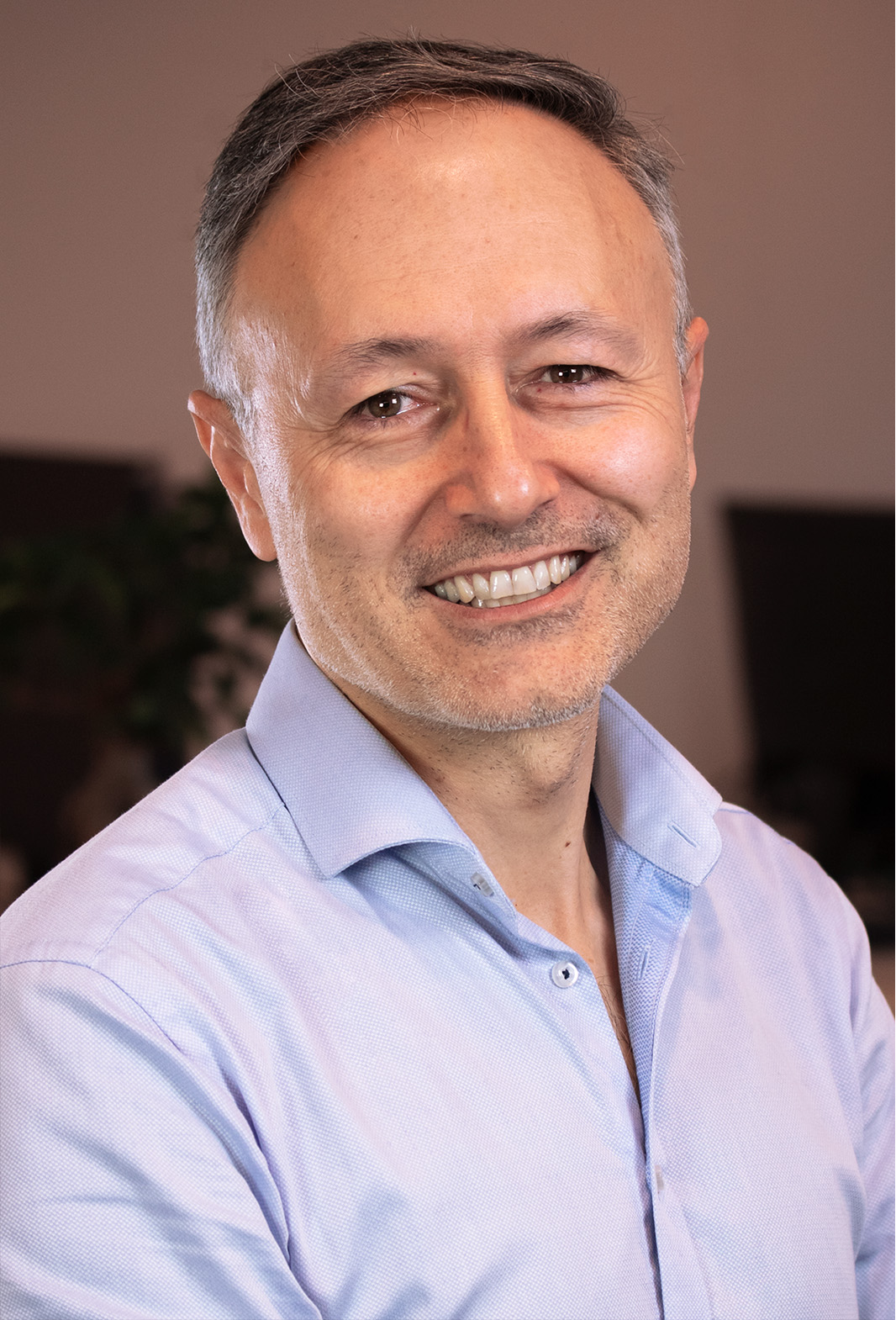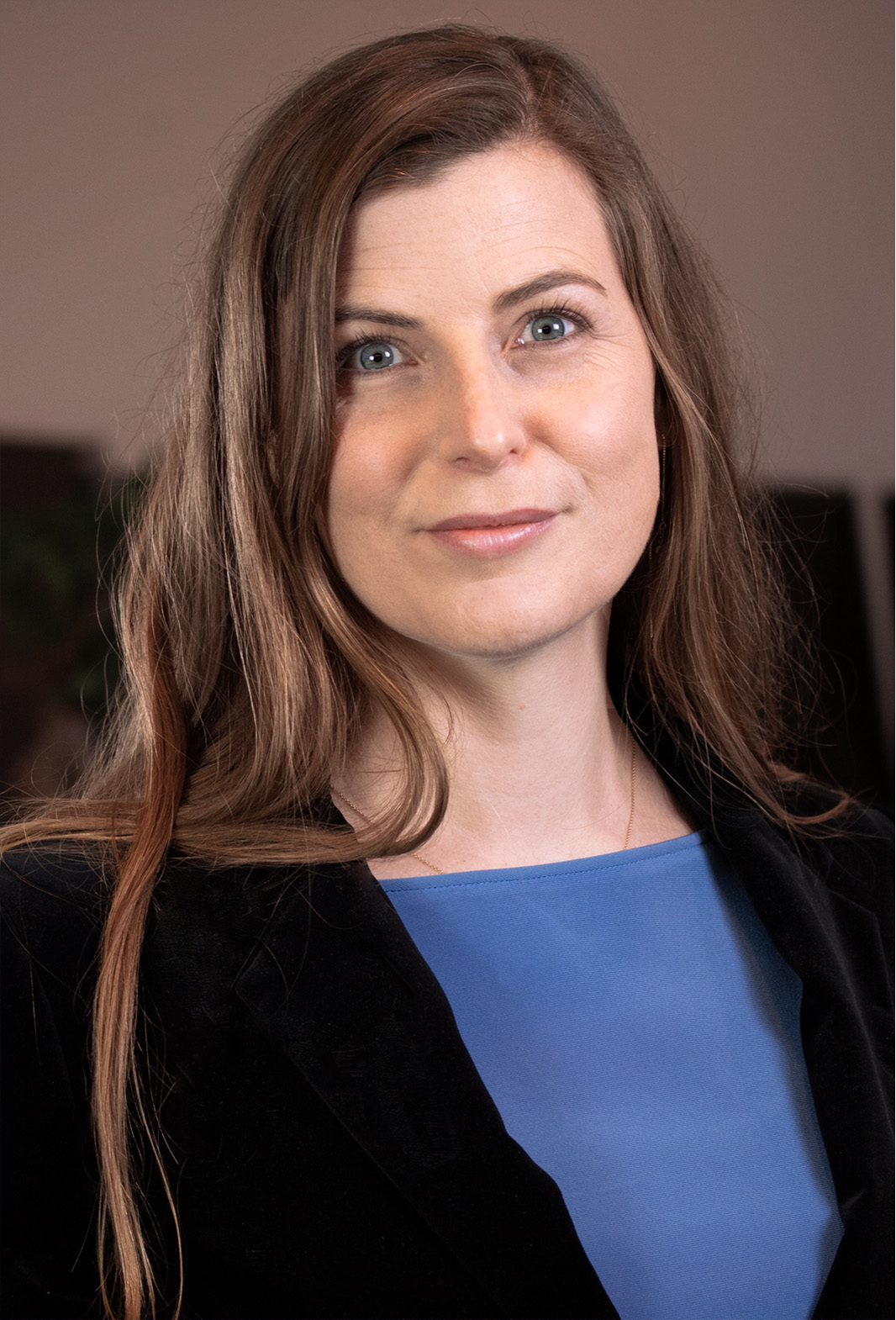O2matic’s Proprietary Technology to be Evaluated by the University of Colorado,
Funded by the U.S. Department of Defense
New article

Oxygen therapy today
Oxygen therapy as we know it today is based on a 100-year-old method, where manual adjustments are made to try to keep the patient’s oxygen saturation within a certain range as both too much and too little oxygen can be harmful. It is difficult to dose accurately, as levels of oxygen in the blood can rise and fall in a matter of moments. In addition, the patient only receives the correct oxygen dosage in just under half of the time. If the patient does not receive the correct dosage, there is a risk of tissue damage, inhibited breathing, or the need for respiratory treatment.
Oxygen therapy time consuming
Oxygen treatment is traditionally performed by manually reading the flowmeter and adjusting the patient’s oxygen level by turning a pressure regulator. Nursing staff will typically repeat this adjustment up to
30 times per patient per day – a huge demand on the department’s limited time.

Expensive for society
An estimated 328 million people suffer from the lung-disease Chronic Obstructive Pulmonary Disease, COPD. When a COPD patient is admitted, many man-hours of the nursing staff are used for the monitoring of and countless manual adjustments to their oxygen levels. Furthermore, the imprecise dosing of oxygen can create unforeseen complications, both lengthening hospitalisation and increasing the mortality rate and in 15 years, COPD is expected to become the leading cause of death. 1)
1) The unmet global burden of COPD. US National Library of Medicine, 2018 https://www.ncbi.nlm.nih.gov/pmc/articles/PMC5921960/
Bringing oxygen therapy into the digital age
Introducing PRO 100
Danish-developed automatic system optimizes oxygen therapy by monitoring a patient’s condition and administering oxygen accordingly.
This automated system keeps the patient’s oxygen saturation levels in the correct range 85% of the time, while this is the case for only 47% of the time with traditional manual treatment. This significantly increases patient safety while providing patients with the assurance that PRO 100 is delivering the correct amount of oxygen during their hospitalization. PRO 100 has been developed in collaboration with Hvidovre Hospital, Copenhagen and since 2019 the technology has been adapted into hospital wards around the world.
Innovating oxygen therapy
O2matic PRO 100 modernizes traditional manual oxygen titration by continuously measuring the patient’s blood oxygen level & pulse utilizing a sensor (pulse oximeter) and automatically adjusting the oxygen dose based on the data through advanced algorithm. In case the patient’s condition should require the attention the device will notify the medical staff using its alarm system. Furthermore, O2matic can automate the phasing out of oxygen therapy.
Great savings for hospitals and national healthcare costs
The introduction of automated oxygen therapy, allows medical professionals to perform other tasks and spend their time more efficiently. Additionally, the length of hospital admission could be shortened and significantly reducing the number of adverse events.

| CE marked O2matic PRO 100 is an IIB-classed medical device and is CE marked by TÜV SÜD. O2matic ApS is ISO13485 certified. |
  |
The global economic burden of COPD is increasing rapidly 1)
More than 20 countries globally already use O2matic
Contact information
Feel free to contact us
If you would like to market O2matic’s products and become a partner, please feel free to contact Farzad Saber.
If you want to know more about O2matic’s products and our local partners, please feel free to contact Anja Rode.

ARNT LUND
CEO
arl@o2matic.com

FARZAD SABER
CBDO
fas@o2matic.com

ANJA RODE
GLOBAL PRODUCT MANAGER
aro@o2matic.com
Press
Contact us if you need any quotes, opinions, pictures or other material.


 +45
+45 
